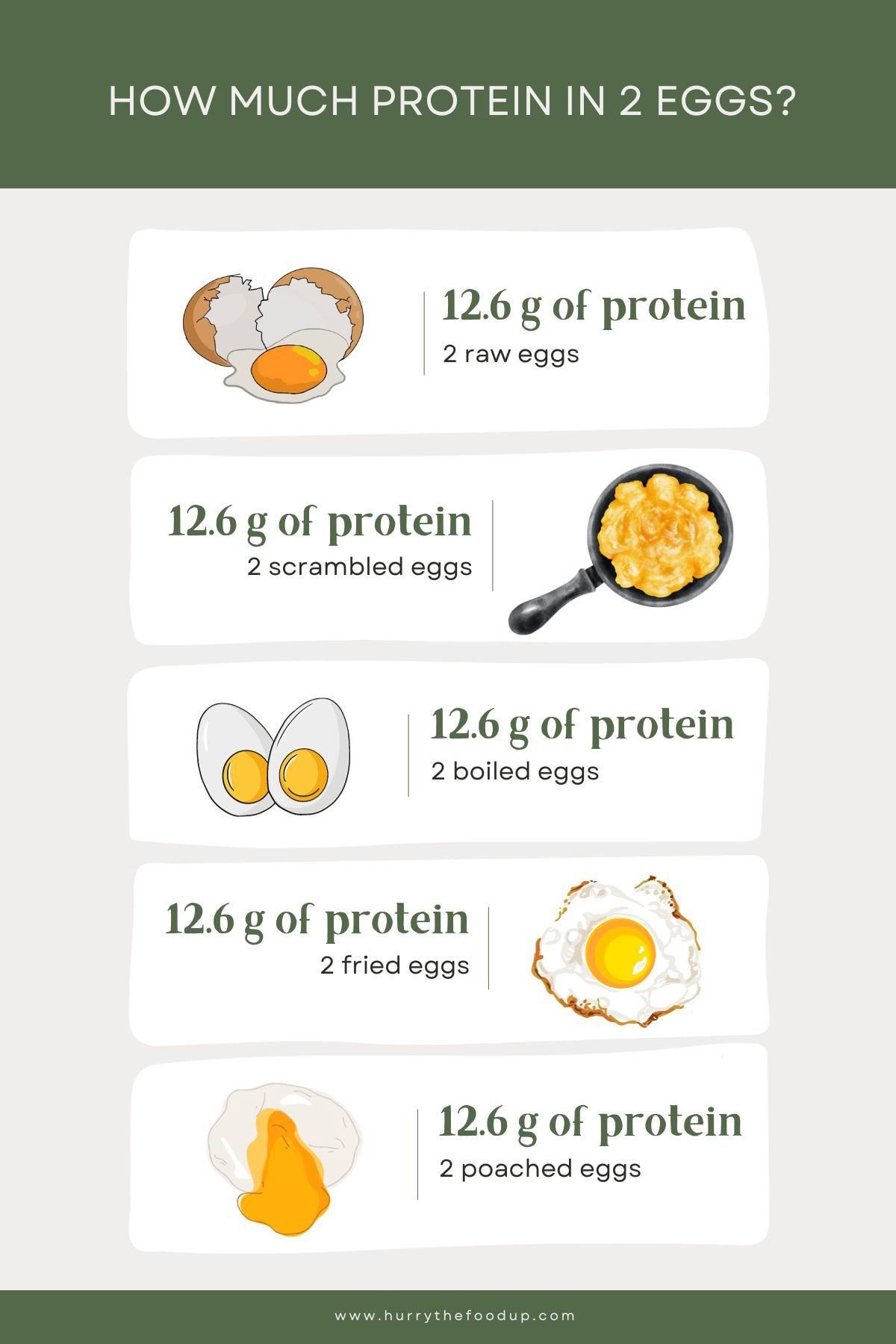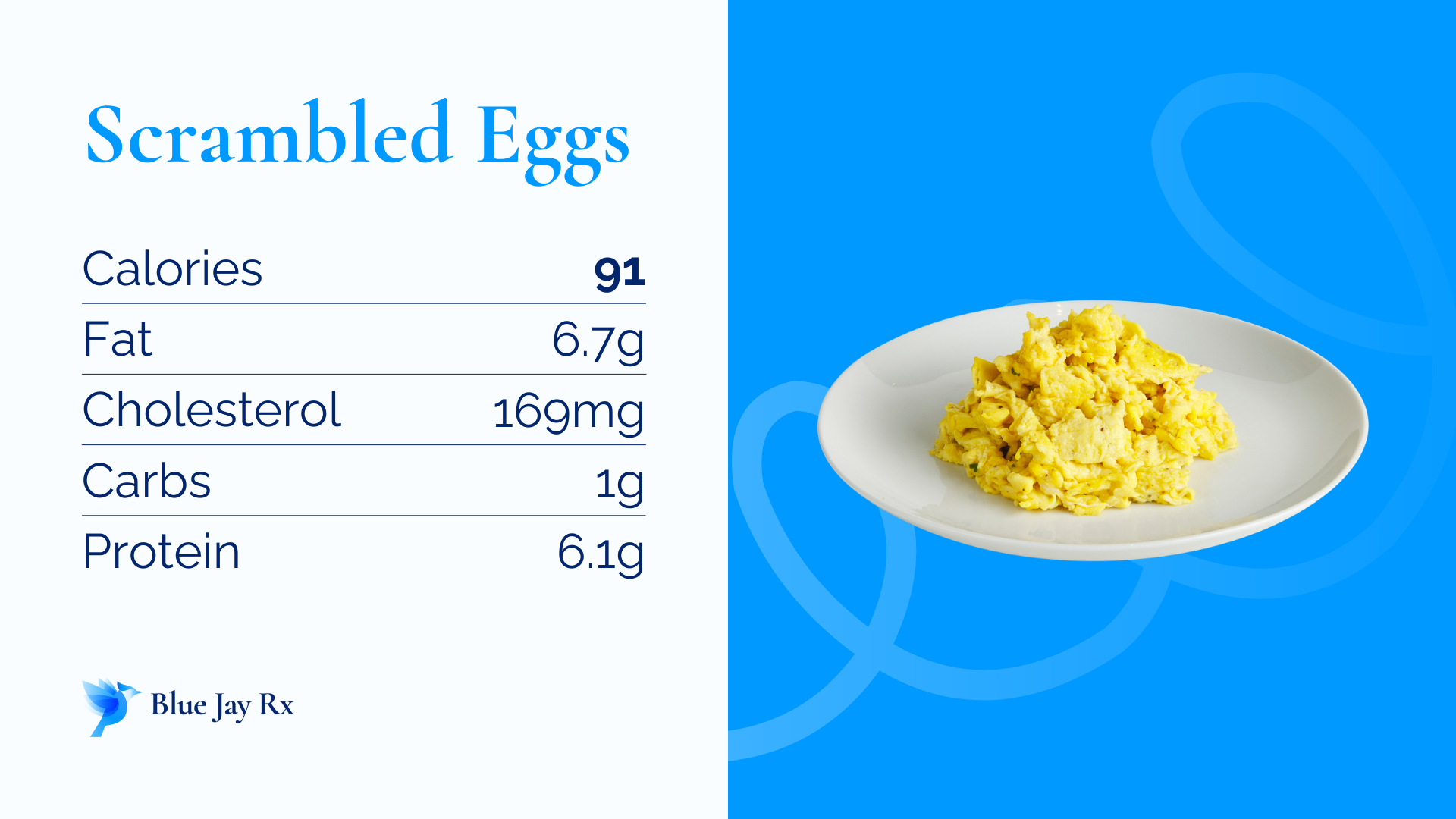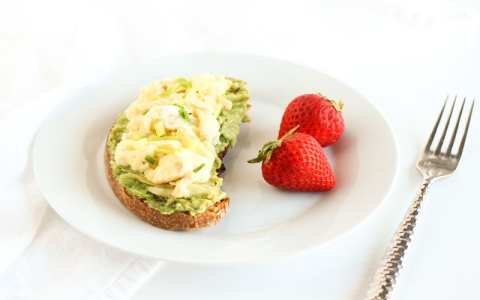Scrambled eggs. They’re one of those simple dishes that almost everyone loves — quick to make, comforting, and honestly, pretty tasty. But have you ever stopped to wonder what’s actually inside those fluffy yellow clouds you eat for breakfast? Especially when you whip up two eggs together, what kind of nutrition are you really getting? Well, let’s dive into the nitty-gritty of two scrambled eggs and see what makes them tick from a health perspective.
So, first off, when we say “two scrambled eggs,” we’re talking about cracking two whole eggs into a pan, maybe adding a little butter or oil, and stirring them until they’re cooked through and soft. Pretty basic, right? But surprisingly, this simple meal packs quite a punch nutritionally. The exact numbers can shift a bit depending on how you cook them and what you add, but the core nutrients stay pretty consistent.
Here’s a rough snapshot of what you’ll find in two scrambled eggs:

Calories? Around or so. Protein? A solid grams. Fat? About grams, with roughly grams of that being saturated fat. Carbs? Very low — just grams. And the cholesterol? Yeah, it’s high — about milligrams, which might raise some eyebrows. But don’t panic just yet. We’ll talk about that in a bit.
Now, protein is the real star here. Two eggs give you nearly half your daily protein needs, and it’s the kind of protein that has all the essential amino acids your body can’t make on its own. That’s why eggs are often called a “complete protein.” If you’re into fitness or just trying to keep your muscles healthy, scrambled eggs are a great way to start your day.
The fat content might seem a bit high, especially the saturated fat part. But eggs also have good fats — monounsaturated and polyunsaturated — that your brain and hormones love. Just be mindful if you’re watching your saturated fat intake; maybe swap butter for olive oil when cooking.
About cholesterol — eggs have gotten a bad rap for it over the years. Two scrambled eggs pack more cholesterol than most foods, but recent studies show that for most people, eating eggs doesn’t significantly raise blood cholesterol. It’s a bit more complicated than we thought before. Still, if you have certain heart conditions or genetic issues, it’s best to chat with your doctor.
Beyond the big three macros, eggs are a treasure trove of vitamins and minerals. They’re loaded with vitamin D — which is rare in food sources — calcium, iron, potassium, and B vitamins. Plus, they have choline, which is fantastic for brain health, and antioxidants like lutein and zeaxanthin that help keep your eyes sharp.
Eating two scrambled eggs can do a lot for you: help build and repair muscles, keep you feeling full and satisfied so you don’t snack all morning, and give your brain and eyes a nutritional boost. They’re a pretty efficient little package.
But, like anything, there are some things to watch out for. The cholesterol and saturated fat content means you shouldn’t go overboard every day, especially if you have specific health concerns. Also, if you buy pre-made scrambled eggs or eat them at a diner, watch out for added salt and unhealthy fats.
If you want to make your scrambled eggs even better for you, try tossing in some veggies — spinach, tomatoes, mushrooms, peppers — whatever you like. It adds fiber, vitamins, and a nice flavor twist. Cooking with olive or avocado oil instead of butter cuts down on saturated fat. And seasoning with herbs and spices instead of salt keeps sodium low.
Just for fun, here’s how two scrambled eggs stack up against some other breakfast options:
Oatmeal ( cup cooked) has fewer calories and carbs but less protein. Greek yogurt packs a lot of protein with fewer calories and fat. Bacon? Well, it’s tasty but comes with less protein and more saturated fat.

Now, some common questions people ask about scrambled eggs:
Are scrambled eggs good for weight loss? Yes! Because they’re high in protein and fat, they keep you full longer, which helps control appetite.
How many calories in two scrambled eggs? About 360, give or take depending on how you cook them.
Do scrambled eggs raise cholesterol? For most folks, not really. But if you have heart issues, better to check with your doctor.
Which is healthier: scrambled or boiled eggs? Boiled eggs are lower in calories and fat since you don’t add butter or oil. But both are nutritious.
How can I make scrambled eggs more nutritious? Add veggies, use healthy oils, and pair with whole grains.
In the end, two scrambled eggs are a powerhouse breakfast choice. They’re packed with protein, vitamins, and minerals that help fuel your body and brain. Sure, they have cholesterol and fat, but for most people, they fit perfectly into a balanced diet. Just tweak the cooking method and add some veggies, and you’ve got a breakfast that’s not only delicious but genuinely good for you.
So next time you’re whipping up those eggs, remember you’re not just making breakfast — you’re fueling your day with some serious nutrition.



